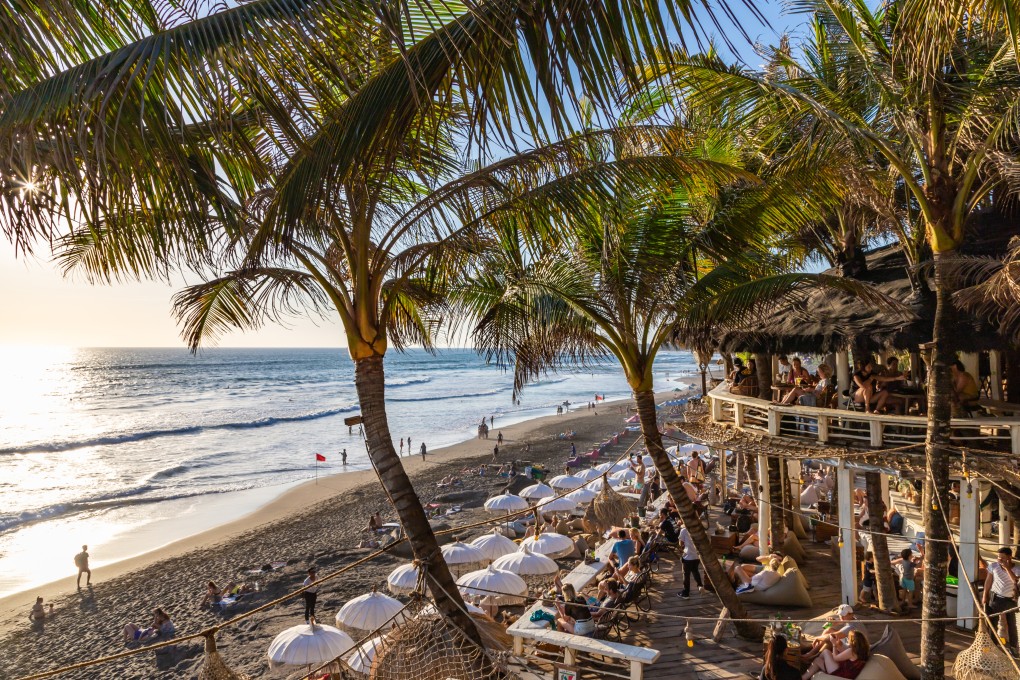Destinations known | 10 best workation destinations in 2022 – or are they? New list sparks many questions
- Koh Phangan in Thailand tops a British insurer’s recent list that also includes Canggu in Bali, Indonesia, the only other Asian recommendation
- But the more you consider the list, the less convincing it becomes: where are Dubai and Tallinn, for instance?

“Workations” and “bleisure” both blur the line between work and holidaying but, in our view, they are not quite the same thing.
Bleisure – the extending of a work trip to include leisure activities – is the kind of thing Singapore or Japan might encourage, whereas you’re more likely to take a workation – during which you work as usual, but in a holiday setting – somewhere like Koh Phangan, which just so happens to have been named as the No 1 destination for people seeking a break-that-isn’t-a-break in a recent survey by William Russell, a British-based provider of insurance and protection plans for people living and working abroad.
The Thai island will take the accolade. “Wannee Thaipanich, an executive at Wannee Golden Sand Hotel [sic], said this is good news for Koh Phangan while tourism is recovering from the Covid-19 situation,” according to an article in the Bangkok Post.
The article also quotes Wichawut Jinto, the governor of Surat Thani, the province within which Koh Phangan lies. He appears to have muddled up the workationer with the digital nomad (although, to be fair, it’s a fine line; even William Russell uses the term “long-term workation” to muddy the waters still further), saying, “In December 2021, the Tourism Authority of Thailand educated business operators at Koh Phangan about accepting digital nomads because of the strong trend of working remotely. Many foreigners want to find a place to get away from the Covid-19 pandemic and at the same time work from where they stay.”

The William Russell survey uses four criteria to assess the suitability of a workation location: monthly costs, internet speed, fun and safety.

